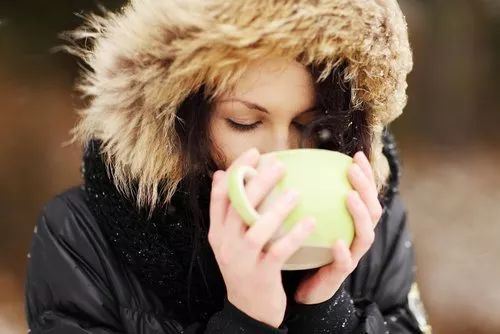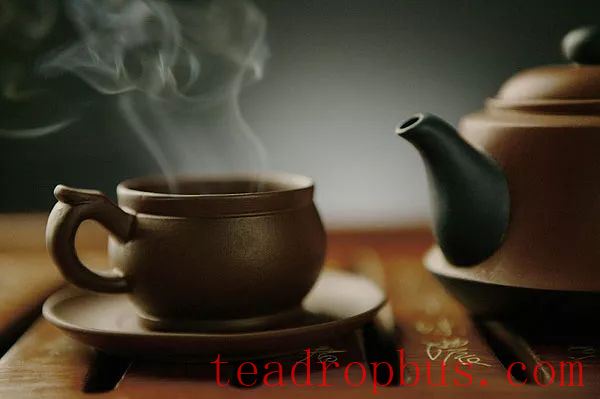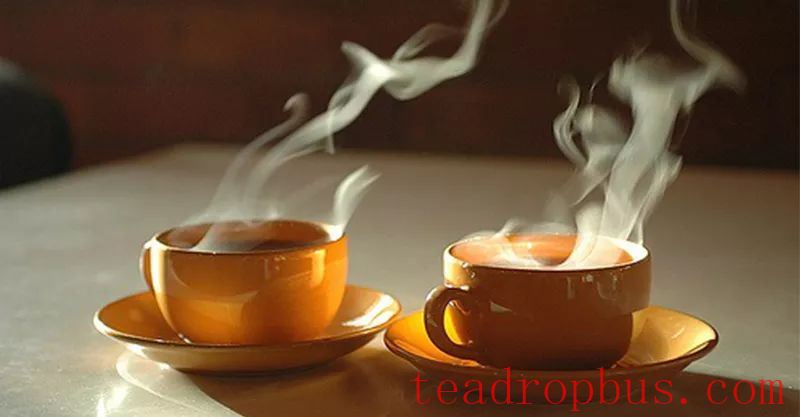In the snowy winter, sitting around a stove and drinking a large Cup of steaming hot Tea is one of the most comforting things.

Many people intuitively feel that a scalding cup of tea will keep them warm. However, fewer people know that there's more to it if you want to maintain your body temperature. Otherwise, not only will your body temperature not rise, but it may have the opposite effect. Why? Because some teas, when consumed in excess, can lower your body temperature and make your constitution more susceptible to the cold. In cold environments, many people prefer to drink a lot of hot tea to maintain their body temperature. However, doing so doesn't necessarily raise body temperature; instead, it might have the opposite effect. Let's first understand what body temperature is all about. The generally accepted normal body temperature is between 36°C and 37°C, at which point the immune system is strongest. According to Dr. Shihara of Japan, a normal body temperature means a normal basal metabolic rate, with fresh oxygen and nutrients in the blood, enhancing the function of white blood cells, helping to resist viral and bacterial invasions, and strengthening immunity.

Data shows that a drop of 1°C in body temperature results in a decrease of about 12% in basal Metabolism and a reduction of about 30% in immunity. The claim that drinking large amounts of hot tea leads to a drop in body temperature is related to the correlation between iron levels and body temperature regulation in humans. The regulation of human body temperature is directly related to the amount of iron ingested daily through the diet. Drinking large quantities of tea can reduce the body's iron content, and the deficiency of iron has a significant impact on hemoglobin, which is related to maintaining body temperature. Therefore, there is a relationship between drinking large amounts of hot tea and a drop in body temperature. Different individuals have different abilities to maintain iron levels, so the effects of tea consumption can vary. Many women are anemic due to iron deficiency, and fluctuations in iron levels have a greater impact on them. Elderly individuals, due to weakened bodily functions, also have a weaker ability to maintain normal iron levels. For these people, the deficiency of iron has a significant impact on hemoglobin, which is related to maintaining body temperature. Drinking Tea can cause a small loss of iron in the body, which may lead to a decrease in hemoglobin levels, thus affecting body temperature and potentially causing a feeling of coldness.

Drinking tea causes a loss of iron, but can it be replenished? Iron is involved in the regulation of body temperature and affects the body's ability to regulate or maintain its temperature in cold environments, closely related to the amount of iron ingested daily from food. Therefore, in addition to avoiding excessive tea consumption, it is recommended to eat more iron-rich foods in your regular diet. Note! This article discusses how drinking too much tea can lead to a lower-than-normal level of iron in the body, resulting in a drop in body temperature. Normal consumption has little effect. If you fear the cold in winter, don't count on a large pot of hot tea to keep you warm! Of course, coming in from the cold and enjoying a nice, hot cup of tea is still warming both physically and emotionally!
If there are any copyright issues, please contact us for removal.